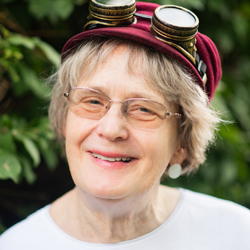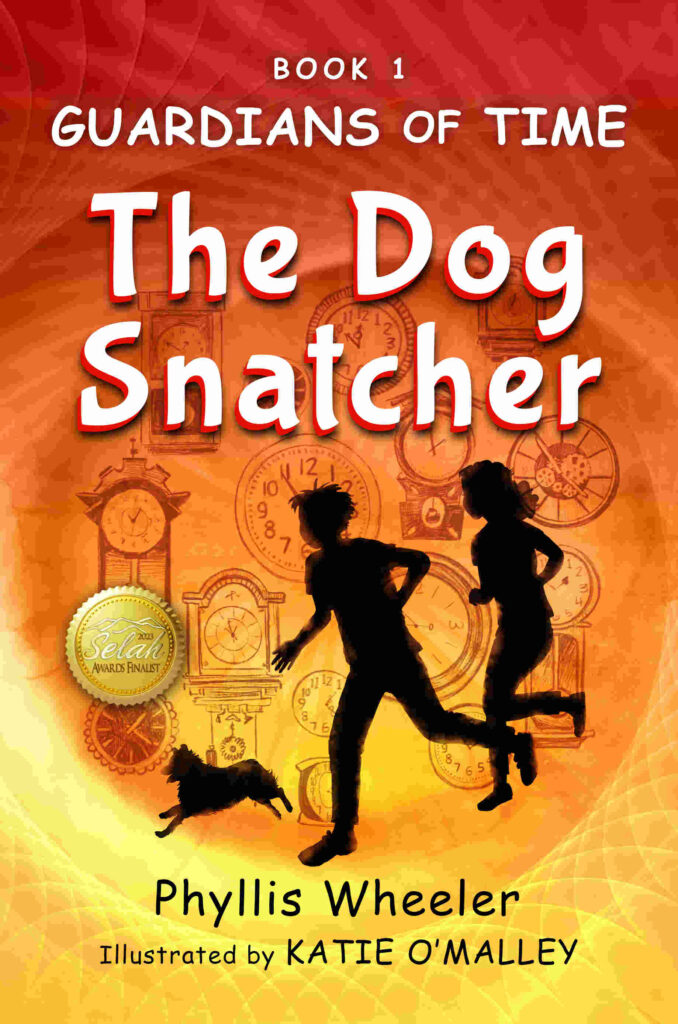
The dreams I interpreted for Pharaoh told of seven years of lots of rain and therefore lots of food, and then seven years of no rain and no food growing in the fields. The seven years of lots of food are behind us, and now nothing will grow. But we have grain stored in our warehouses. I am selling what I can to everyone who asks. I know that this is why God brought me to Egypt, so I could save so many lives.
I’m sitting in the main grain storehouse in this city, and there’s a long line of people coming to buy from me, just like yesterday and many days before that. But wait. Who is that I see at the end of the line? Ten men who look like me, but dress like shepherds from Canaan. Like I used to dress. Could these be my brothers? I can’t wait for them to get closer so I can make sure.
They come up to me, kneel, and bow low. I recognize Simeon, Reuben, Levi, Judah, and the rest. But Benjamin, the youngest one, is missing. Is he alive? Did the brothers betray him too? And is my father still living? He is very old now. My heart is beating quickly. How can I find out?
They have no idea who I am. I suppose I dress like an Egyptian now, I talk the Egyptian language, and I keep my hair shaved off so no one can tell my hair is curly. I look like an Egyptian, and Pharaoh even gave me an Egyptian name. I have an Egyptian wife. But I am not an Egyptian. My heart belongs in Canaan, with my father.
I wonder whether my brothers are sorry for what they did to me when they threw me into the pit and then sold me. God wants me to forgive them, I know. I have forgiven them, but I can’t tell them who I am until I know the answer to this question: are their hearts changed? Or are they still mean?
How to test them? I shout at them: “I think you are enemies of Egypt. I think you came to see how you can hurt us.”
“Oh, no,” says Judah. “We are all the sons of one man, who lives in the land of Canaan. There were twelve of us, but the youngest one stayed with our father, and the other is no more.”
Ah, my father and Benjamin are living. I am glad. But now I wonder about my brothers. Maybe my father loves Benjamin best now, and that makes them angry. I need to know. And I must see my little brother. I pray the Lord will grant me this, that I can see him.
“One of you must stay here in prison,” I say. “I will send food with the rest of you. Go home and bring your youngest brother back. I won’t sell you any more food until you bring him so I can meet him.”
So nine brothers return home, leaving Simeon. I put him in prison, just like any common criminal. If I treated him differently, he might suspect who I am. So I can’t do that.
A long time goes by. My father must be afraid to send Benjamin with his brothers to Egypt. I don’t blame him.
But finally, I see them again, at the end of the line. Benjamin is there too—I can barely see him. I can’t stop smiling at all the people in the line ahead of them. But I have to cut out the smile when they come to the front of the line. They bow down low again, and I greet them.
I let Simeon out of prison and have them all over for lunch at my house. I am filled with joy to meet Benjamin, and I start to cry. But I have to hide it, so I run into my bedroom and cry there for a while.
After we all eat, I fill their bags with grain and, when no one is looking, put a silver cup in Benjamin’s bag. It’s my test for them. They leave. After an hour I call my servants and send a messenger after them, telling them that someone has stolen a silver cup, and that person must become my slave. That slave will be Benjamin, because the cup is in his bag.
I see them coming back. Judah falls to his knees. “Please, sir, if Benjamin does not return home with us, our father will be so sad he will surely die. Let Benjamin go home to our father, and I will stay in his place and be your servant.”
So, they do care about Benjamin, and they aren’t mean to him. Their hearts have changed. They are sorry for the things they did to me.
It’s time to tell them who I am. I am speaking in their language now. I tell them to come closer. “I am Joseph.” They look stunned and afraid. I could have them thrown into jail or executed for their crime against me, and they know it.
I tell them, “Do not be afraid. I won’t hurt you. I am not angry with you. It was really God who sent me to Egypt so that I could save so many lives because of this famine. I have forgiven you.”
They are amazed and delighted that I have forgiven them. We share hugs for a while.
I talk some more. “I want you to go and bring the whole family down to live in Egypt, including my father.” This time when I send them off, I send them with carts so they can bring their wives, their children, and our father.
I will be so happy to see my father again. God has worked it all out to give my whole family a safe place to live, with plenty of food, far from the idols of Canaan.
Reference: Genesis 41-45








